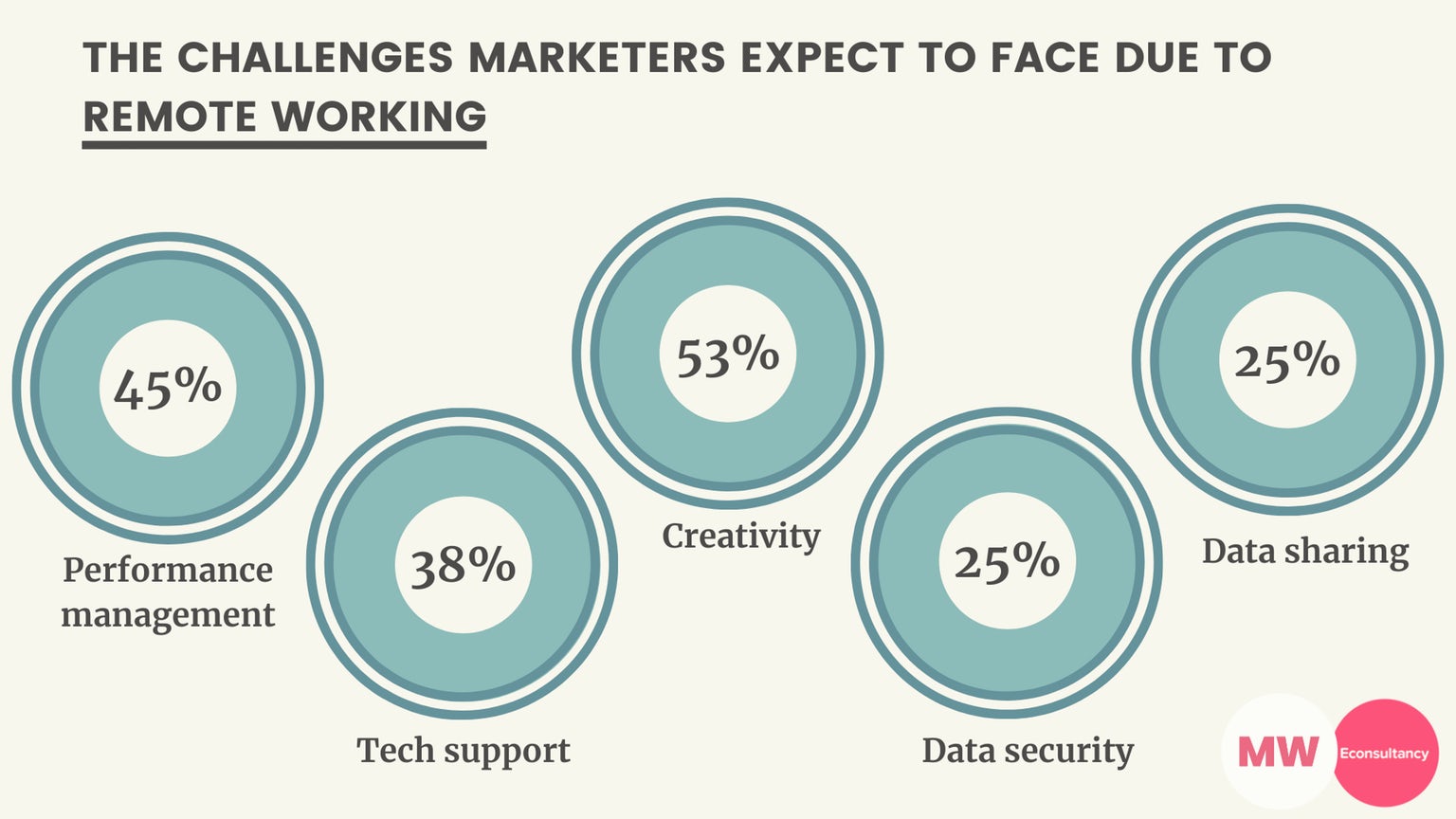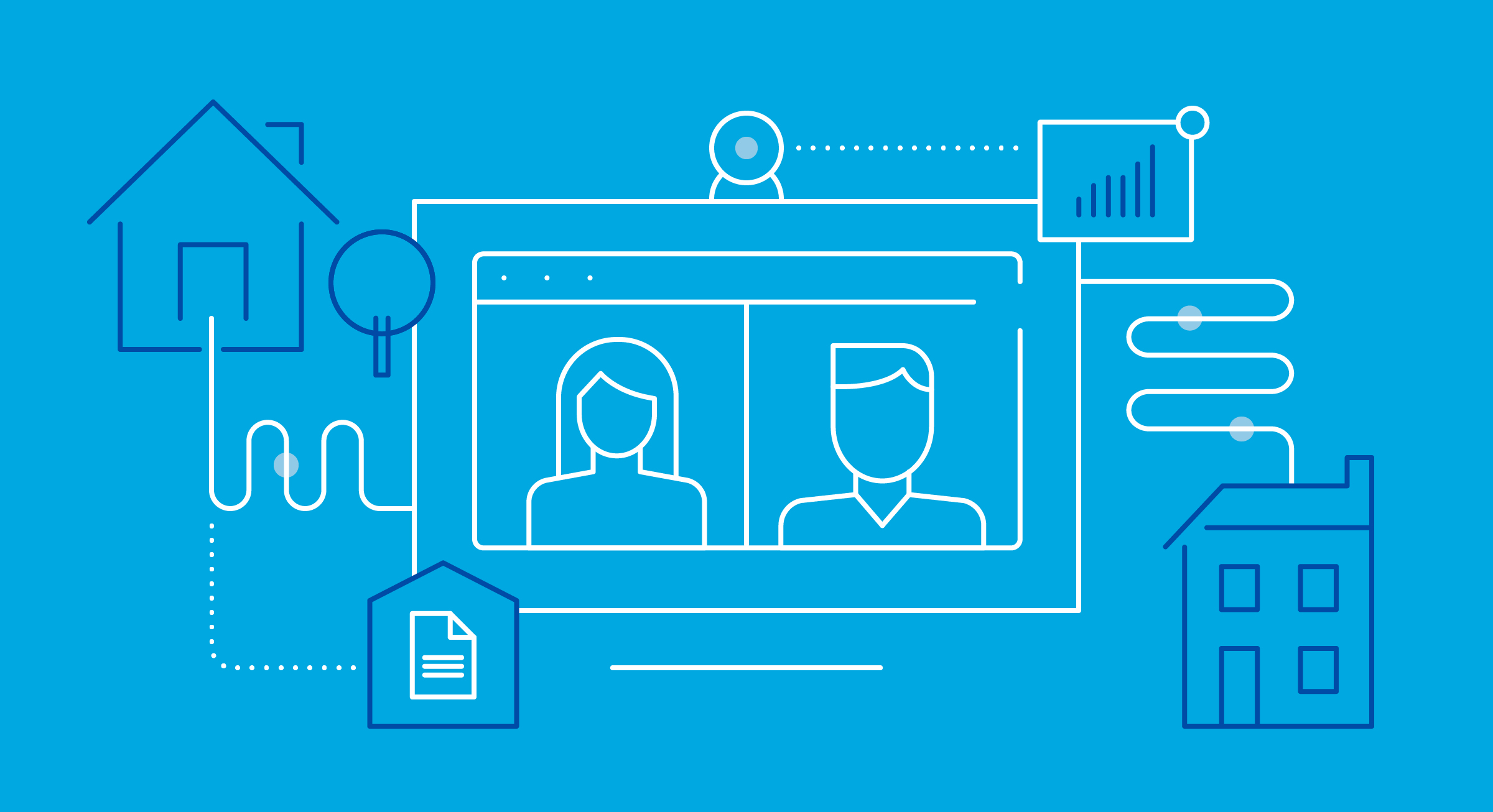For many businesses, employees and governments, home and remote working are rapidly moving from being perks, to becoming a mandate wherever possible. Cue the inevitable deluge of best-practice blogs advising on everything from maintaining your own wellbeing when remote working, to creating the ultimate home office environment.
The trials and tribulations of an enforced work from home policy do not just relate to staff staying motivated, avoiding distractions and blurring the boundaries of personal and professional life – there can be continuity issues when it comes to the access, flow and processing of a business’s customer data.
Data access challenges
We live in unprecedented times – working from home is seen as a perk for many and a day-to-day way of life for very few, and in times of social distancing and enforced home-based working this is rapidly changing.
CRM databases are often limited to onsite accessibility only – whether that’s on the company’s own premises or possibly that of a marketing agency. Remote working is likely to have impacted those who rely on onsite access, as they will not be able to make these journeys.
Even those businesses that have enabled remote access may face challenges – Virtual Private Networks (VPNs) are a common means of providing secure access to data, however the fast-evolving pandemic situation means VPN seats are likely either scarce, at a premium or simply not available to everyone who now needs them.
Then there is the security and privacy aspect. Nearly two years into the evolution of GDPR and privacy, security and regulation remain the hot topics in digital marketing, and rightly so. Certain policies and processes that have been carefully mapped out and implemented across an organisation will need to be a prime consideration when considering a continuity solution for remote working.
So, what is the solution?
It is times such as these where technology is asked to provide the answer. There are collaborative tools specifically designed to solve the challenges of remote working, but most of these focus on the human side (meeting software, chat platforms) rather than the data side.
A recent article in Marketing Week revealed that a quarter of marketers expected to face significant challenges with both data security and data sharing as a result of being asked to work remotely:

The coming weeks will see many brands and businesses look to evolve their data strategy to strengthen capabilities in these areas. Additionally, now more than ever, businesses should look to leverage data partnerships and foster opportunities to work together.
Making it happen
Platforms that allow data hosting and collaboration remotely can really help here. All accessible data can be ingested in a privacy-compliant way and remotely accessed by anyone who needs it, with full permission controls. Such platforms then eliminate the need for marketing personnel to visit their agencies, set up additional and costly VPN connections, or go into the office unnecessarily. Additionally, strict permission controls can ensure that existing data policies can be fully upheld, and that only those entitled to access can do so.
Done right, much of marketing can be done from the comforts of an individual’s home. But for marketing and CRM teams to remain productive, data needs to be able to work from home as well.
